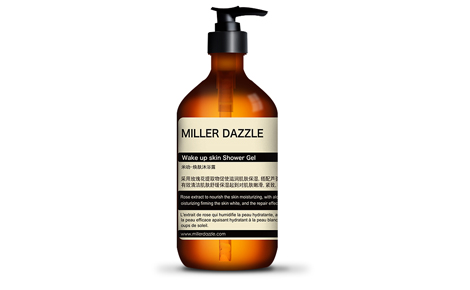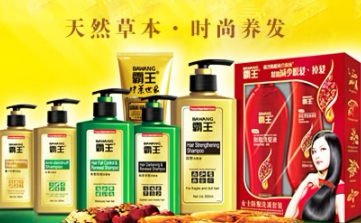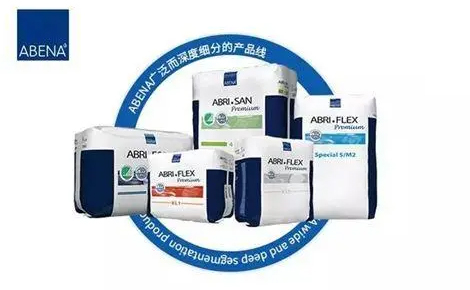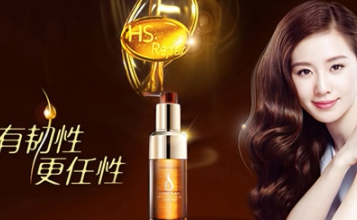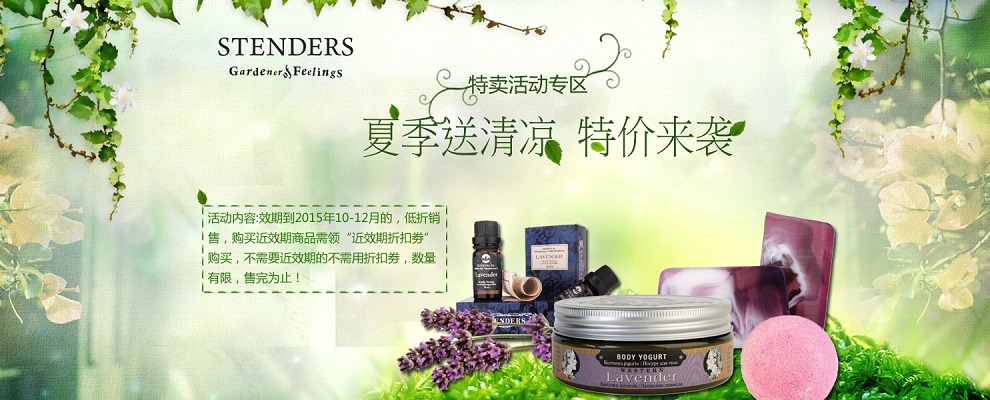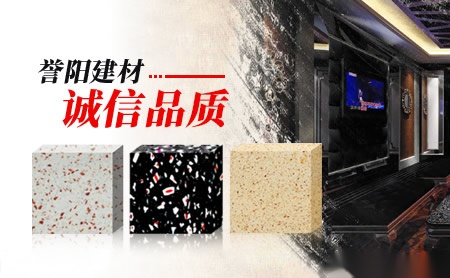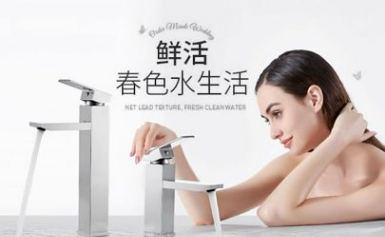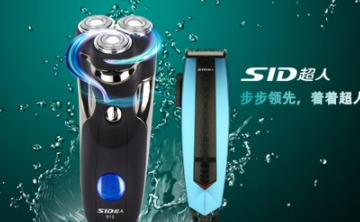
1个回答
Shampoo

Shampoo is a hair care product that is used to clean and nourish the hair and scalp. It is an essential part of our daily hygiene routine and is available in various forms, such as liquid, gel, or powder. Shampoos are formulated with specific ingredients that help to remove dirt, oil, and other impurities from the hair, leaving it clean and healthy.
The word "shampoo" originated from the Hindi word "chāmpo" which means to massage or knead. In the 18th century, British colonizers adopted the practice of scalp massage from Indian culture and named it "shampooing." Initially, shampoos were made from natural ingredients like soapberries, herbs, and plants. However, with advancements in technology, modern shampoos are now formulated with a combination of synthetic and natural ingredients.
Shampoos are formulated with surfactants, which are responsible for creating lather and removing dirt and oil from the hair. Some common surfactants used in shampoos include sodium lauryl sulfate (SLS), sodium laureth sulfate (SLES), and ammonium lauryl sulfate (ALS). These surfactants have the ability to attract both oil and water, allowing them to effectively cleanse the hair.
Apart from surfactants, shampoos also contain conditioning agents that help to detangle the hair, reduce frizz, and make it more manageable. These conditioning agents, such as silicones and quaternary ammonium compounds, work by coating the hair shaft, smoothing the cuticles, and providing a protective layer against damage from heat styling and environmental factors.
In addition to surfactants and conditioning agents, shampoos may also contain various other ingredients based on specific hair concerns. For instance, shampoos for dry and damaged hair often contain moisturizing ingredients like shea butter, argan oil, or glycerin. Shampoos for oily hair may contain ingredients like tea tree oil or salicylic acid to regulate sebum production and reduce greasiness.
Furthermore, shampoos can be categorized based on their intended use. Clarifying shampoos are designed to remove product buildup and excess oil, making them suitable for occasional use. Moisturizing shampoos are formulated to hydrate dry hair and scalp, while volumizing shampoos aim to add body and thickness to fine, limp hair. Anti-dandruff shampoos contain ingredients like zinc pyrithione or ketoconazole, which help to control flaking and itching associated with dandruff.
It is important to choose a shampoo that suits your hair type and addresses your specific concerns. Using the wrong shampoo can lead to dryness, frizz, or even scalp irritation. Therefore, it is advisable to read the labels and understand the ingredients before making a purchase.
To use shampoo effectively, wet your hair thoroughly and apply a small amount of shampoo to your scalp. Gently massage the shampoo into your scalp using your fingertips, working it into a lather. Rinse thoroughly with water, ensuring that no shampoo residue is left behind. Follow up with a conditioner to replenish moisture and restore the hair's natural shine.
In conclusion, shampoo is an essential hair care product that helps to cleanse, nourish, and maintain the health of our hair and scalp. With a wide range of options available in the market, it is important to choose a shampoo that suits your hair type and addresses your specific concerns. By understanding the ingredients and using shampoo correctly, you can achieve clean, healthy, and beautiful hair.


 扫一扫关注品牌网
扫一扫关注品牌网


 浏览(121)
浏览(121)

 赞(0)
赞(0) 分享
分享 举报
举报